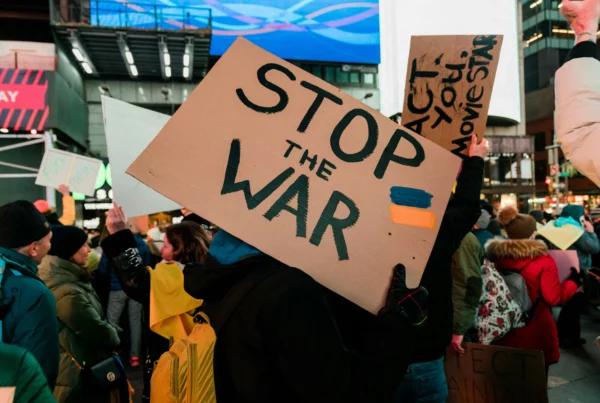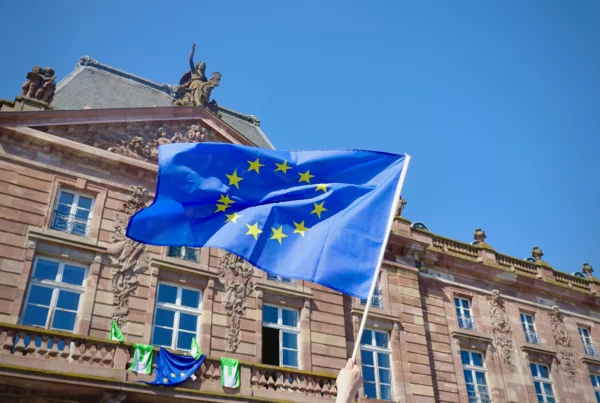2021 Report – CEMR Charter15 Reflection Process
The European Charter for Equality of Women and Men in Local Life, developed by CEMR, is both a political commitment and a practical tool enabling local and regional governments to integrate gender equality into all aspects of policy and administration. Since its launch in 2006, nearly 2,000 signatories across 36 countries have joined the initiative.
Marking 15 years in 2021, CEMR initiated a reflection process to ensure the Charter remains relevant, inclusive and fit for the future. The process culminated in a set of recommendations to revitalise and adapt the Charter, supported by the EU’s CERV programme.
Key Activities and Participation
- 6 online workshops (June–November 2021)
- 5 interviews with national gender focal points
- 75 participants from 21 countries, including local authorities, associations, and civil society.
Workshop Themes & Findings
1. Employment & Economic Development (September 2021)
Gender gaps persist in pay, part-time work, and parental leave. The Charter update should reinforce equality in employment practices, particularly relevant to local governments as employers.
2. Climate, Urban Space & Sustainable Development (October 2021)
There is a demand to strengthen Article 25 on urban planning by including monitoring and evaluation tools, and to align with SDG 5 through the Charter’s indicators.
3. Violence Against Women and Girls (November 2021)
Updates should better address violence prevention, include children (especially girls) as victims, and consider the complex issue of honour-based violence.
4. Communication, Stereotypes & International Cooperation (June 2021)
The Charter must adopt an intersectional perspective without weakening its gender focus and show how gender equality benefits men and boys as well.
5. Multiple Discrimination & Intersectionality (September 2021)
A call to inclusively reflect diverse experiences of discrimination, guided by approaches like Sweden’s: “always gender, but never gender alone.”
6. Public Services & Administration (September 2021)
The Charter should be made more actionable at the local level. COVID-19 showed the need for gender-sensitive crisis planning to avoid backsliding on equality.
Next Steps
Based on the rich input from this process, an updated version of the Charter will be developed in 2022. This will ensure that it continues to serve as a dynamic tool for gender equality, adaptable to modern challenges, while respecting the commitments of existing signatories.
For more information, contact:

Director – Policy & Impact






